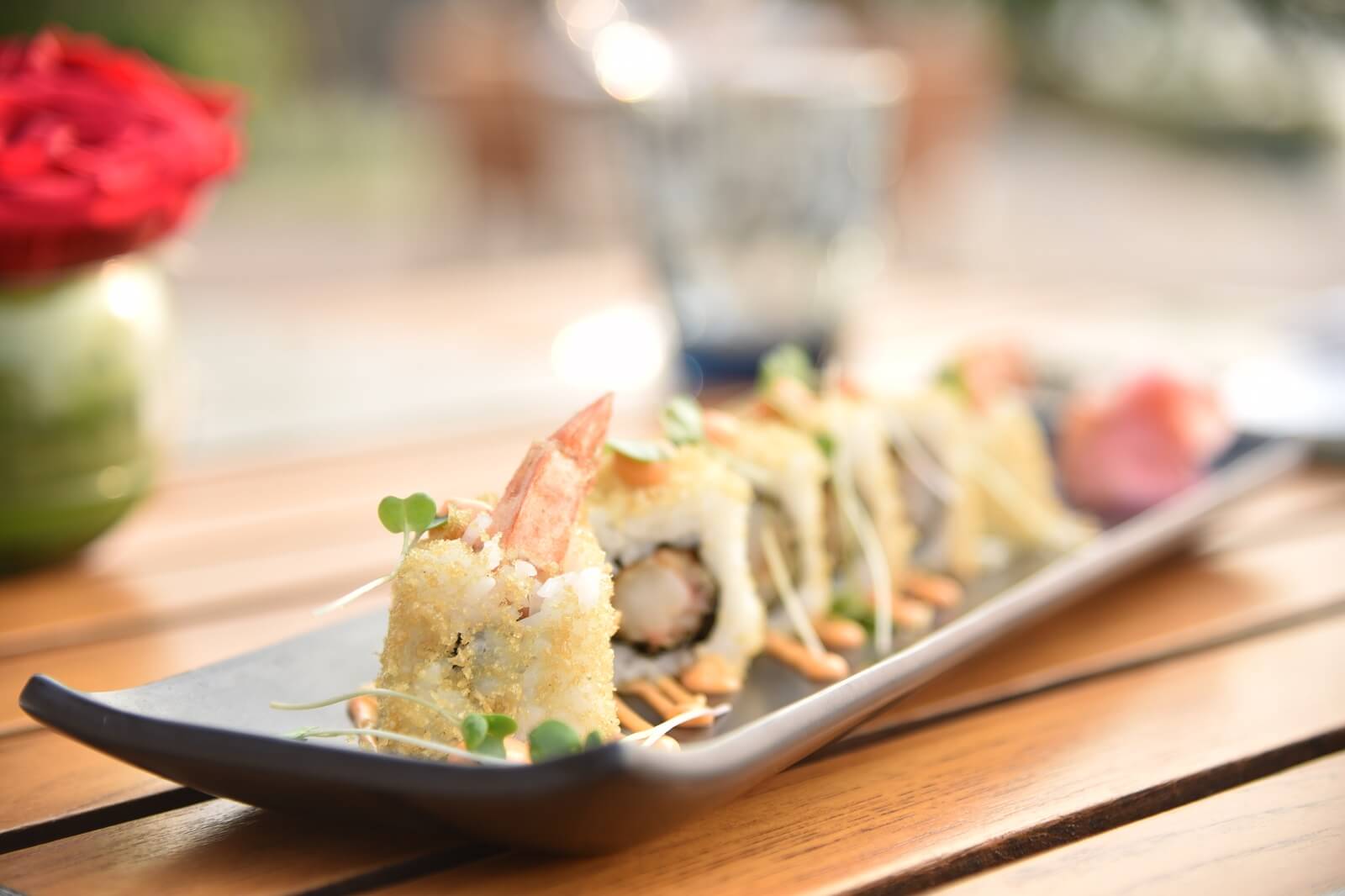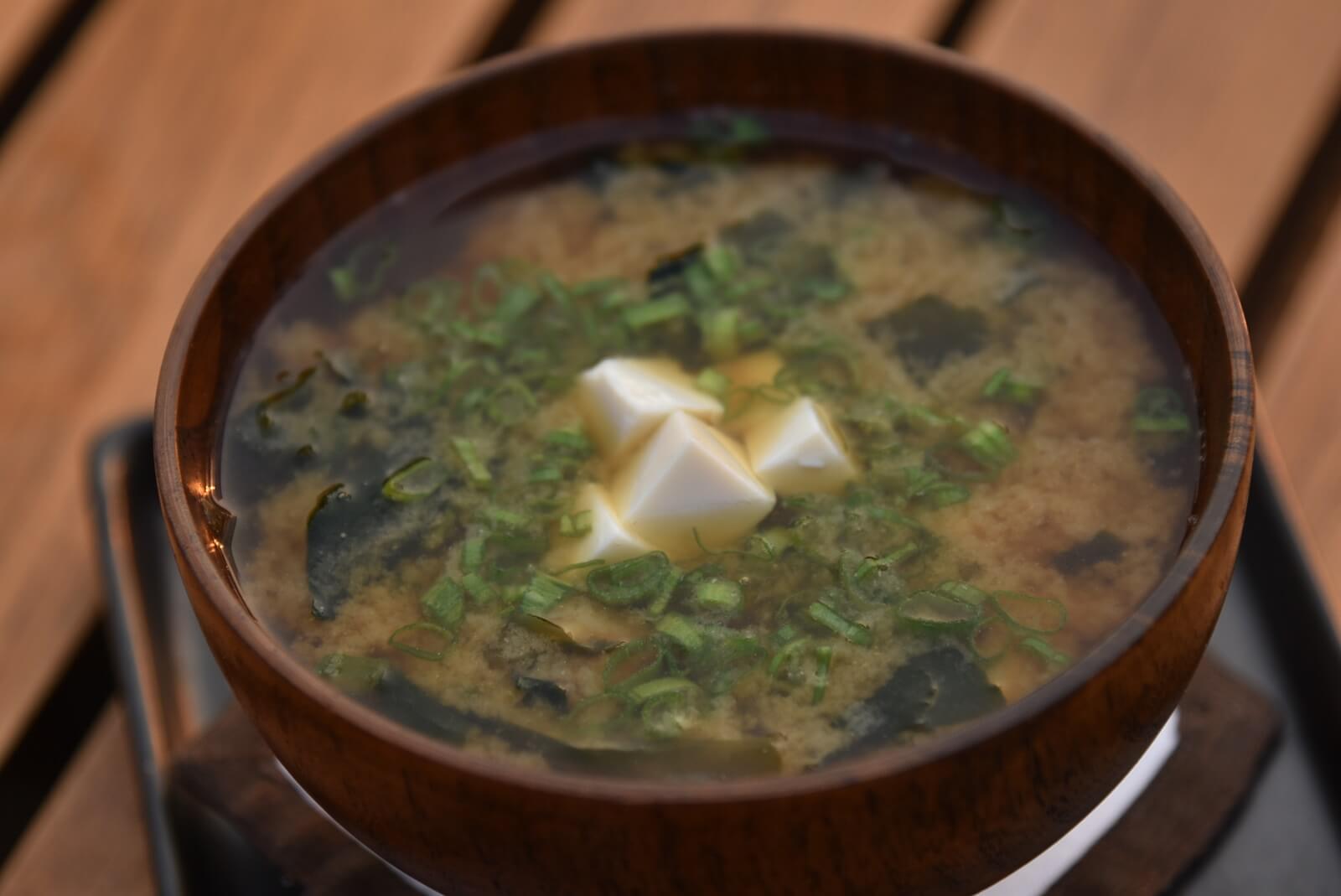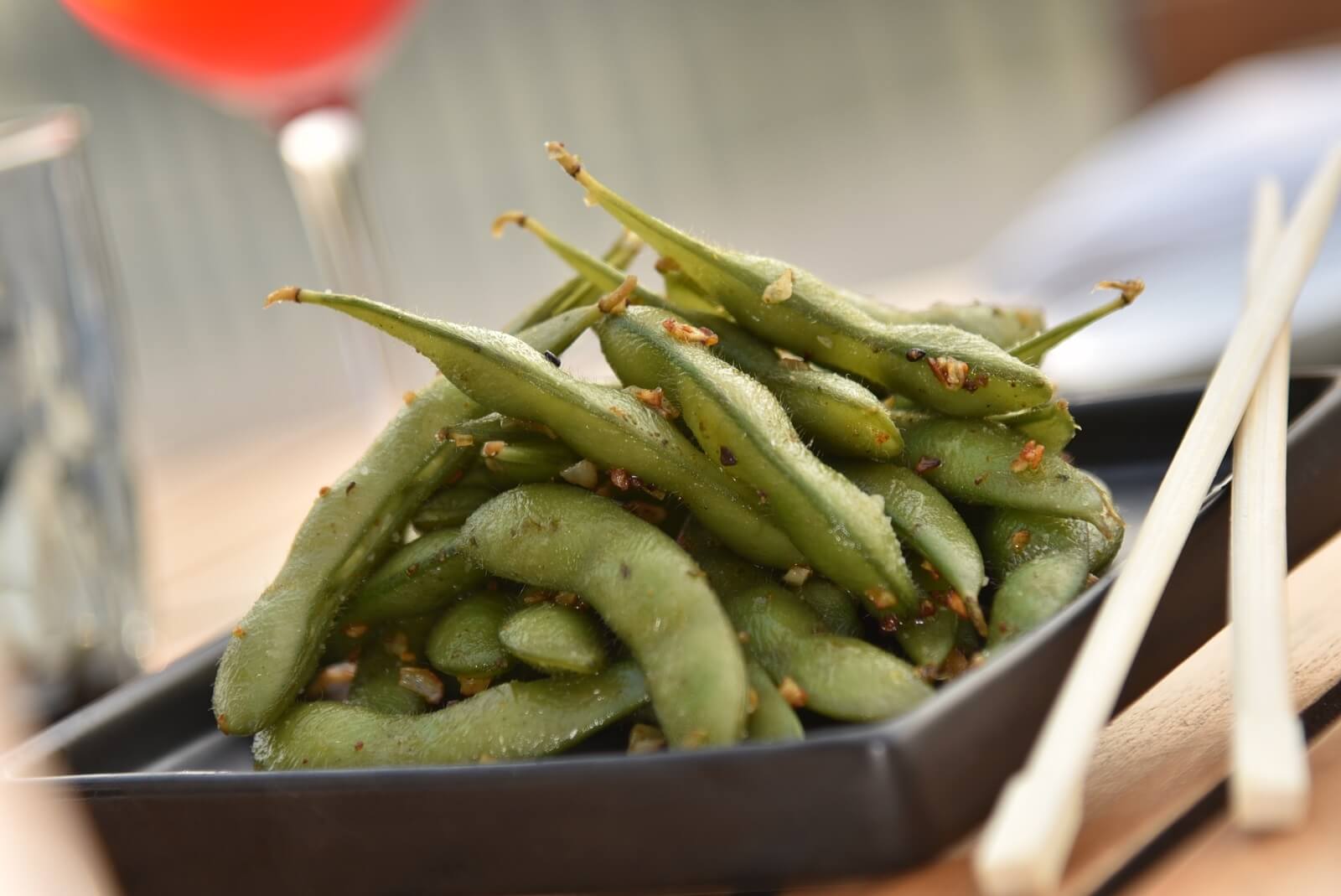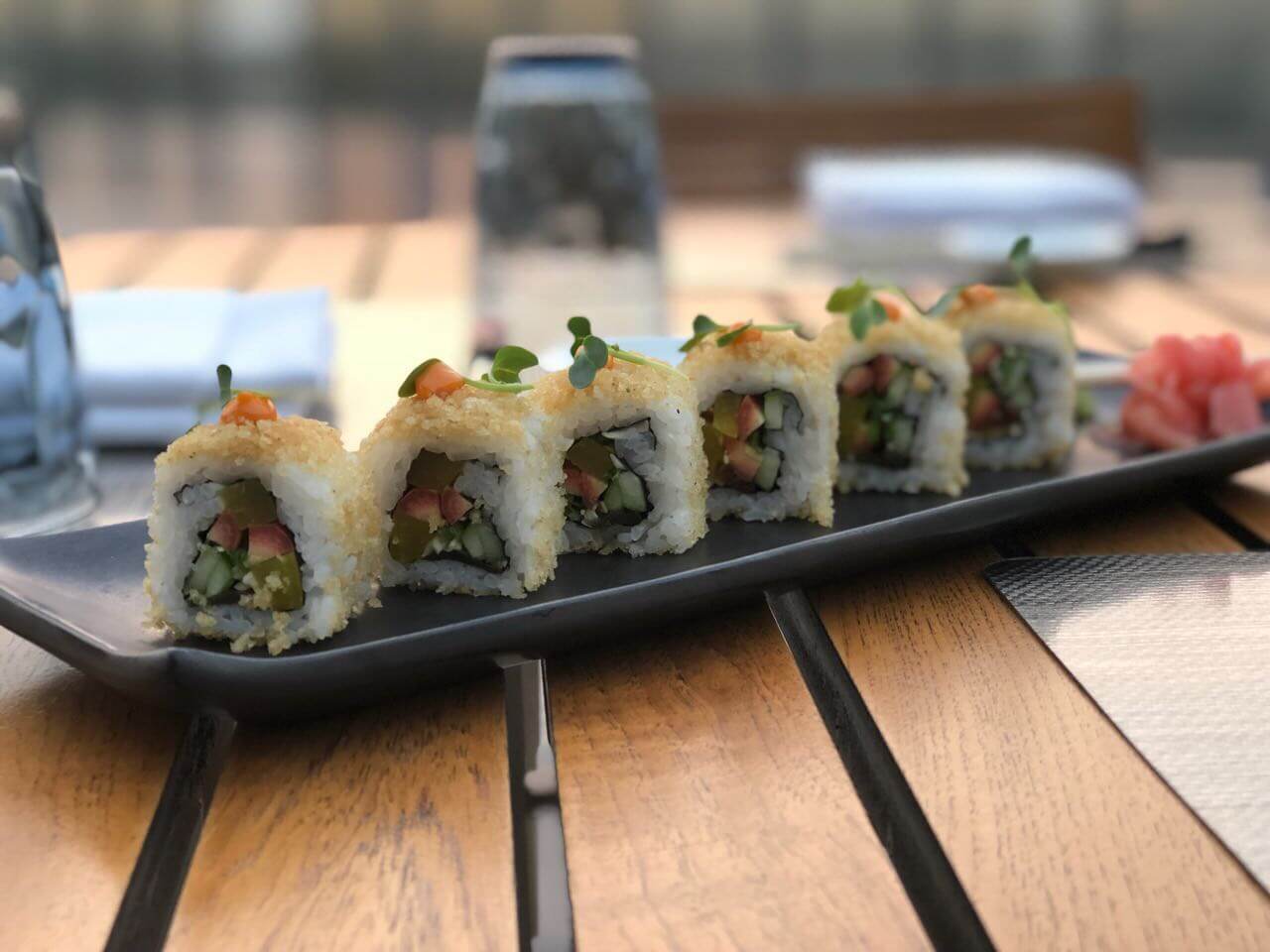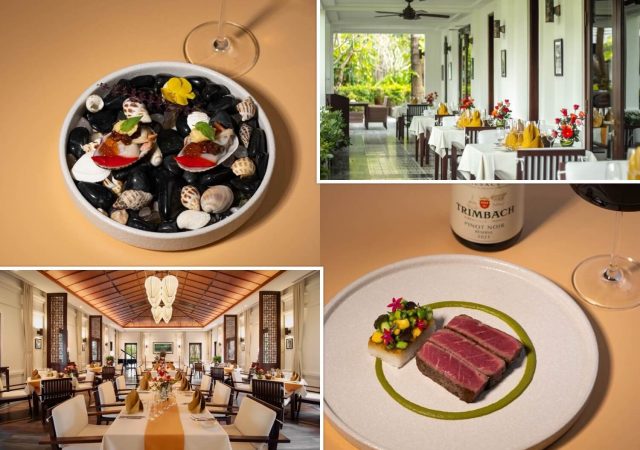Anuj Wadhawan (Executive Chef – Roseate House New Delhi tells you why Japanese is the haute new cuisine that is trending worldwide;
It is seasonal
It is highly important if the food is being designed smartly as the Japanese menu is always based on the season to have a healthy lifestyle throughout the year.
Quick with wide options
In recent times, the bento box has taken a storm in the cuisine and various gourmet restaurants are opting for the same as it is quick and with wide options. Major importance for Japanese cuisine is that it is simple but filled with flavors.
Health benefits
It is considered to be the healthiest cuisine and type of food as it is full of beneficial bacteria, enzymes, antioxidants and important vitamins and minerals. As it is also based on a lot of raw fish, Japanese cuisine comprises complete protein and all the essential amino acids a body requires. As said by experts, it also helps in boosting immunity, strengthening digestion, lowering cholesterol, preventing osteoporosis, aiding memory and stress, and supporting healthy skin.
Amalgamation of authentic traditional with modern cuisine
Japanese cuisine has a lot to do with flavor, taste and texture and as a culinary expert, I feel there should always be an alternation to the cuisine with the city we will be targeting. Delhi being a city of vegetarian preferences and chicken eaters, there can be some alteration to the menu and the authentic cuisine. If the audience calls it modern cuisine, then yes, as a chef, my job is done if my guest is satisfied with the food served.
Other reasons include:
Small plates and bowls.
Smaller portions is a great way to start eating healthy and it also helps in losing weight. Research shows that controlling portions by using smaller bowls and plates is a good way to start eating less, when served more, people will usually to eat more, whether they are hungry or not.
Green Tea
Green tea has an amino acid called theanine (or L-theanine) that helps to create a a destressed but focused mental state and tempers the effects of caffeine in tea. The tannins in green tea also have a healthy and beneficial effects on cardiovascular health since they are rich in antioxidants. All the varieties of Japanese tea such as sencha, hojicha and matcha—are well stocked with vitamins C and E and minerals like potassium, manganese and calcium. Matcha, since whole leaves are used is estimated to provide 10 times the antioxidants of brewed leaves. Green tea also has antibacterial properties for the gums and teeth.


